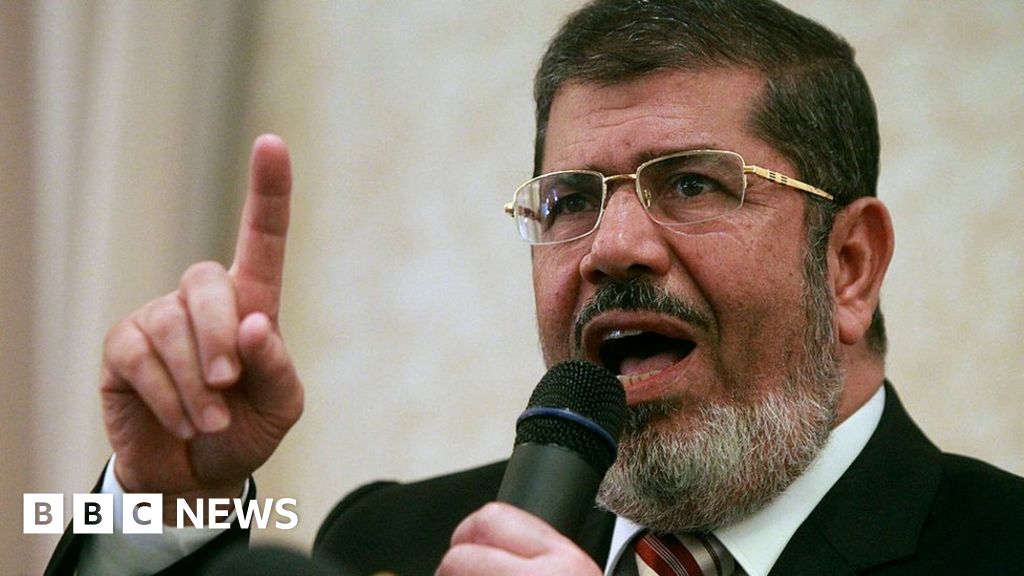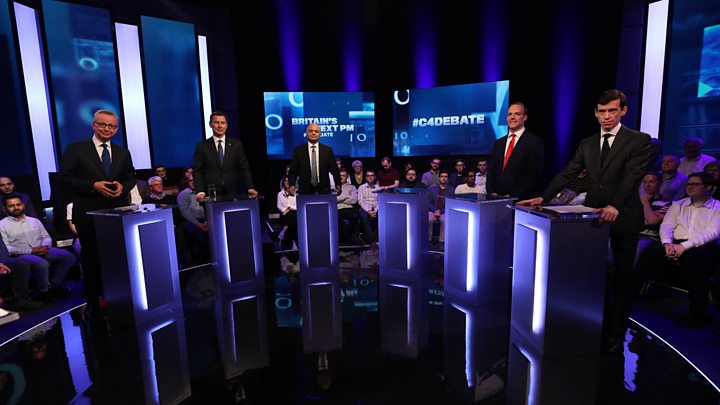HONG KONG — Backpedaling under mounting public pressure, Hong Kong’s top leader publicly apologized on Tuesday for having proposed contentious legislation that would allow extraditions to mainland China.
“I would like to tender my sincere apologies to the citizens of Hong Kong,” Carrie Lam, the chief executive of Hong Kong, said at a news conference at government headquarters. “I have come to understand I could have done better, I should have done a better job.”
Mrs. Lam, who had already announced the bill’s indefinite suspension, said on Tuesday that as long as there were public disputes over its contents, legislative work on it would not be resumed.
She also said that she would not resign, but acknowledged that “as for my governance in the future, it will be difficult.”
About 100 people gathered outside the offices of the central government and listened as Mrs. Lam’s words boomed from a loudspeaker. Many booed as she spoke.
Samuel Chan, an electronics trader, said he did not believe Mrs. Lam was listening to the demands of protesters, including their call to withdraw the extradition bill entirely.
“They are just responding to the issue according to a government mind-set,” said Mr. Chan, 56. “Not the people’s will.”
Mrs. Lam faces broad public anger and continued demands for her resignation following three large-scale protests over the past 10 days. Despite her announcement on Saturday that the legislation was being suspended indefinitely, protesters turned out the next day in larger numbers than ever, with organizers providing an unverified estimate of close to two million of the territory’s seven million people.

On Sunday evening, the Hong Kong government responded to that march with a conciliatory written statement that ended with a rare apology from Mrs. Lam, who is known for almost never backing down in a fight.
“The chief executive apologized to the people of Hong Kong for this and pledged to adopt a most sincere and humble attitude to accept criticisms and make improvements in serving the public,” the statement said.
That was not enough to satisfy Mrs. Lam’s many critics. The Civil Human Rights Front, one of the broader groups that helped organize the recent protests, said in a statement on Monday night that it still wanted her to resign.
Its first priority, however, is that the government drop all charges against those who have been arrested during the protests.
The police have arrested 32 people since Wednesday, when a demonstration outside the Hong Kong legislature turned violent. A group of protesters attempting to storm the building threw umbrellas and other objects at the police, who responded with tear gas and rubber bullets.
The Hong Kong police commissioner, Lo Wai-chung, said on Monday evening that the government would pursue rioting charges against only five people accused of being involved in the violence. Protesters had objected to his earlier characterization of the Wednesday protest as a riot.
On Tuesday, Mrs. Lam did not elaborate on Mr. Lo’s remarks except to say that those who protested peacefully would not face legal action.
Some democracy activists are quietly nervous about the possibility of a resignation by Mrs. Lam, a lifelong civil servant, because her political heir apparent, Paul Chan, has a reputation for being even more strongly pro-Beijing.
Others are adamant that Mrs. Lam step down. They contend that the Hong Kong public should press for full and free elections rather than accept the current system, in which a pro-Beijing committee of fewer than 1,200 people selects the chief executive.
Protesters made similar demands for open elections five years ago, when they occupied major roadways for almost three months in what is known as the Umbrella Movement. While that movement did not achieve its short-term objectives, it had a major influence on this year’s anti-extradition protests.
Emily Lau, a former chairwoman of the Democratic Party who is still an influential voice on democracy issues, said the politics of Mr. Chan, the financial secretary, should not deter critics from calling for Mrs. Lam’s resignation.
“It would be a disaster to have him as chief executive,” Ms. Lau said. “But we should not say, ‘Because we don’t want Paul Chan, maybe Carrie should stay.’”
Many critics have also called for the extradition bill to be withdrawn outright rather than merely suspended. Otherwise, experts say, it could be reintroduced at any time, although government advisers have made it clear that there is no plan to do so.
Hong Kong’s legislature is controlled by pro-Beijing lawmakers, who hold 43 of 70 seats. When she announced the extradition bill’s suspension on Saturday, Mrs. Lam said that if she had wanted to force it through, she would have had enough votes to do so.
Anthony Cheung, a former transport and housing secretary, said the government should withdraw the bill because there was so much disagreement over what it should say.
“Definitely there is no consensus within the community, including the legal community, on the contents of the bill,” he said in a telephone interview on Tuesday morning.
The bill would make it easier for Hong Kong to send people suspected of crimes to jurisdictions with which it does not have extradition agreements. That would include mainland China, where the judicial system is notoriously opaque and under the tight control of the ruling Communist Party.
Opponents fear that if the bill becomes law, anyone in the city would be at risk of being sent to the mainland, including dissidents. Under the terms of Hong Kong’s return to Chinese rule in 1997, the former British colony has its own legal and economic systems, as well as civil liberties unknown on the mainland. But in recent years, those freedoms have eroded.
Mrs. Lam has said many times that she introduced the bill to resolve the case of a local man accused of murdering his girlfriend in Taiwan, which does not have an extradition treaty with Hong Kong. But Taiwan, which China considers its territory, has said it would not seek the man’s extradition under the legislation, which it fears could undermine its sovereignty.
https://www.nytimes.com/2019/06/18/world/asia/hong-kong-carrie-lam-apology.html
2019-06-18 08:31:49Z
52780315047681




